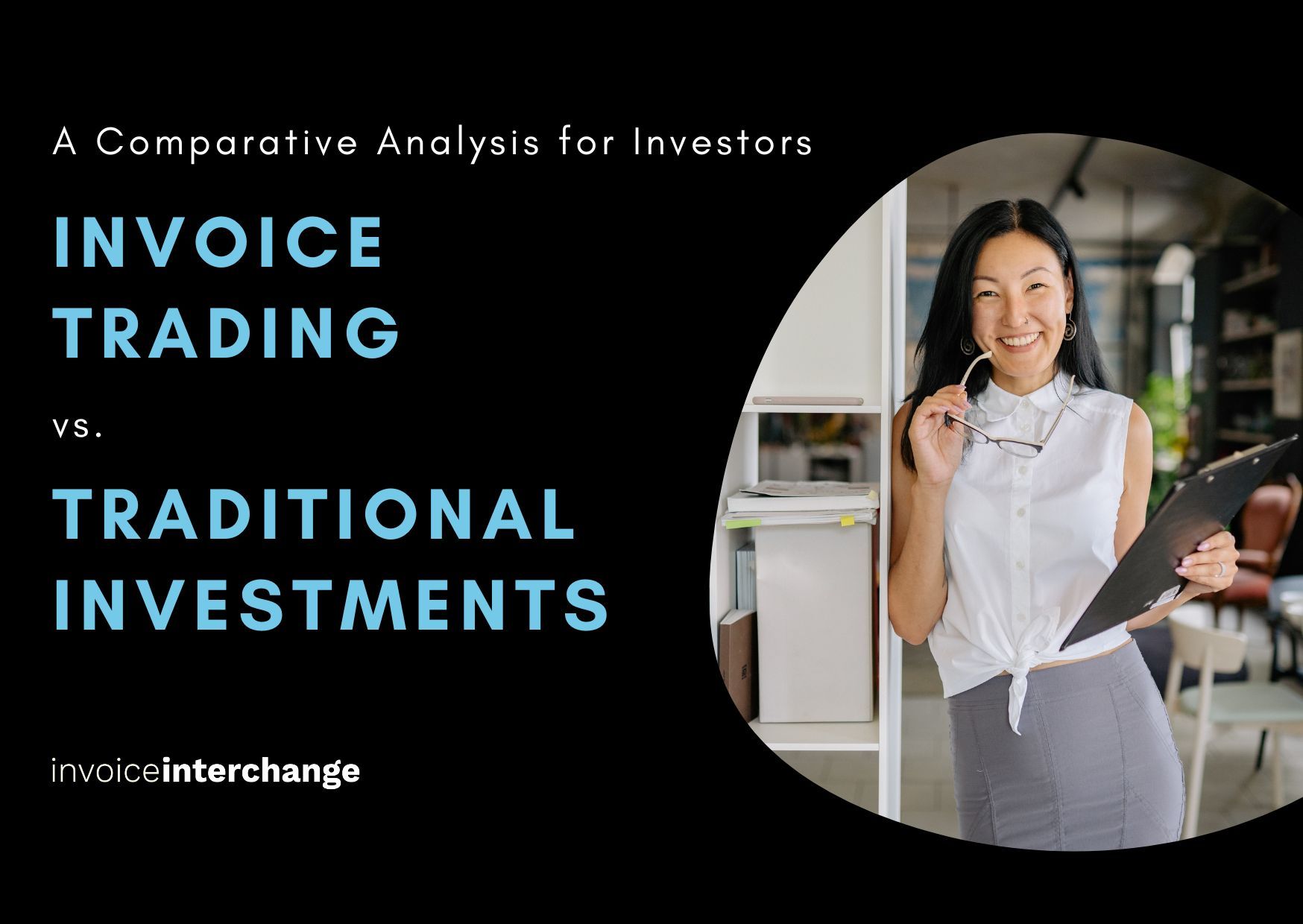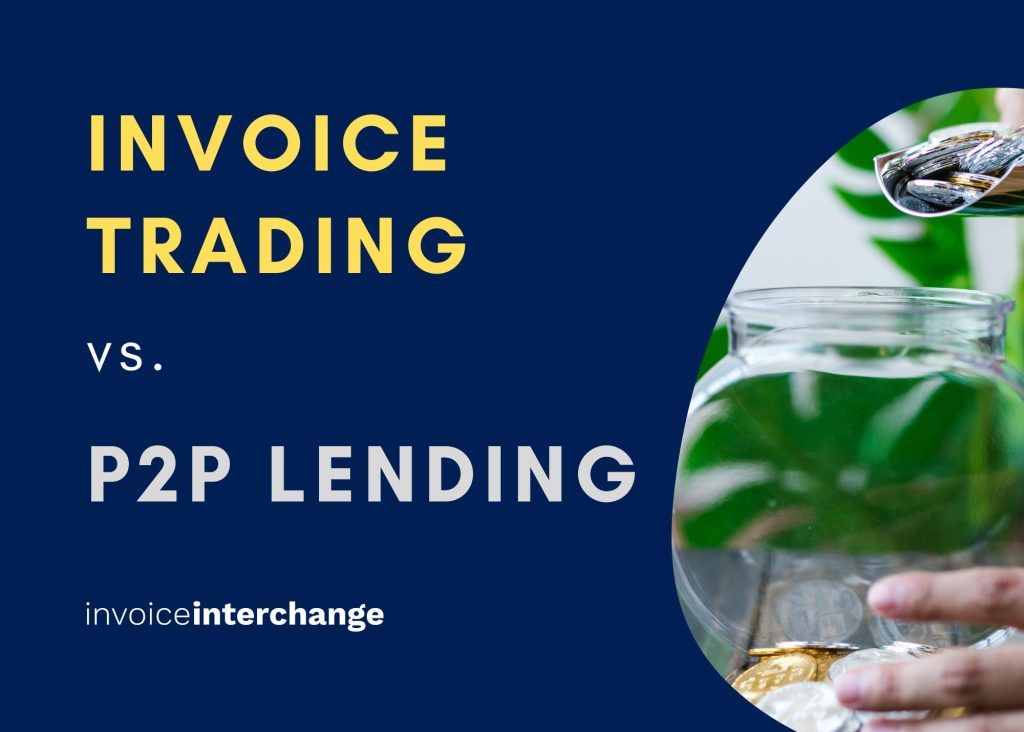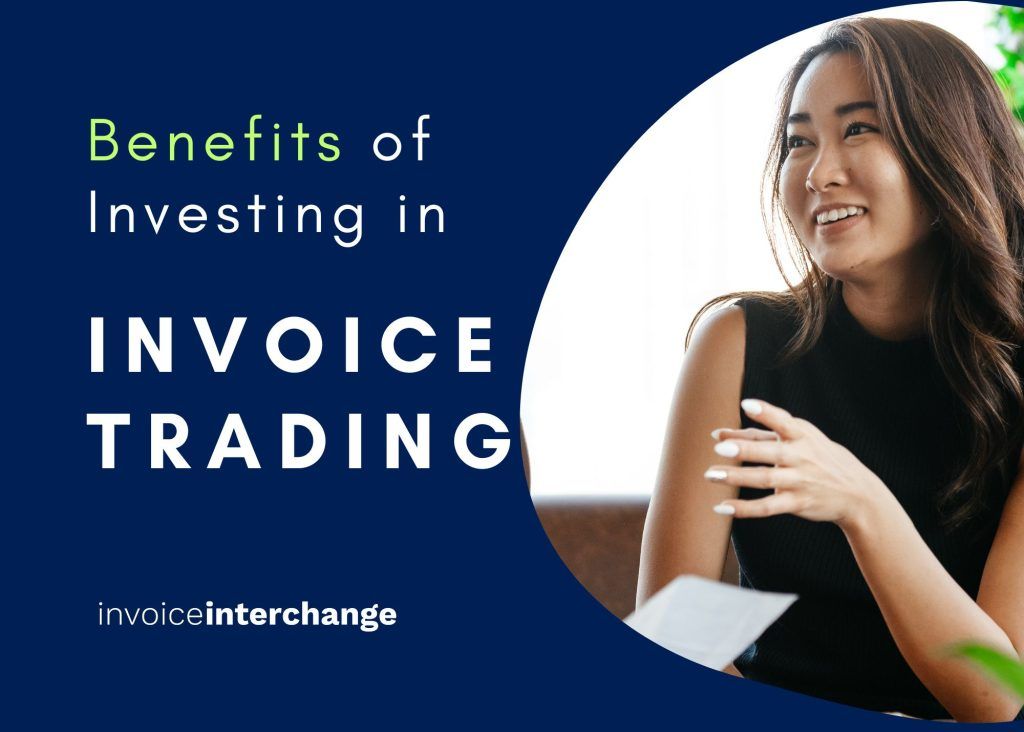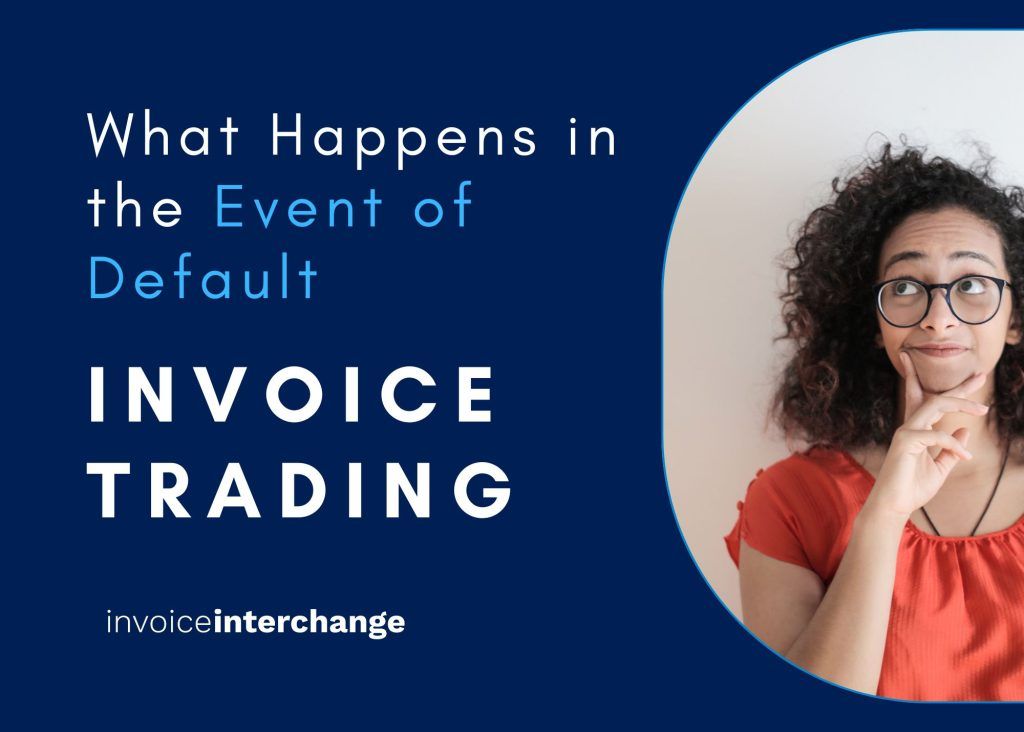In our previous article, we discussed the main risks associated with Invoice Trading. In this article, we will focus on what happens in the event of default and how it impacts your investment.
What is a default in Invoice Trading?
At InvoiceInterchange, we consider the following scenarios (but not limited to) as events of default:
- Payment against the funded invoice was made to the SME but the SME refuses to immediately transfer these funds to InvoiceInterchange.
- SME’s end client (the Debtor) does not pay the funded invoice for any reason. This may include disputes, warranty claims, credit notes, etc.
- The invoice was found to be fictitious after it has been funded.
- The SME or Debtor enters into administration or liquidation.
How are defaults managed?
Once a default takes place, the first line of defence is to activate recourse. This means the SME is now required to repurchase the invoice in full plus fees. SMEs may be allowed the option of a repayment plan on a case-by-case basis. In the meantime, we will freeze SME’s trading account and no further drawdowns are allowed.
We will also activate all securities pledged against the facility to extract any funds available. For example, we may pursue the personal guarantors of the facility.
Finally, we will proceed to take legal action against the SME and its Directors. This may include filing a writ of summons and liquidating the company.
Any collected funds will be allocated to investors proportionally according to the amount invested in the defaulted invoice.
What about the collection expenses?
Investors will be kept informed with regular updates throughout the recovery process. Any expenses incurred as part of the recovery process such as legal fees or engaging external collection services will be borne by either the SMEs or Investors.
If you would like to find out more about investing in Invoice Trading, speak to one of our team members.
Related Articles

Invoice Trading vs. Traditional Investments: A Comparative Analysis for Investors

Invoice Trading vs P2P Lending

